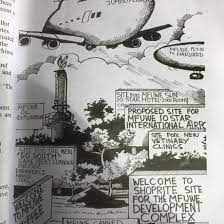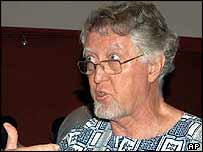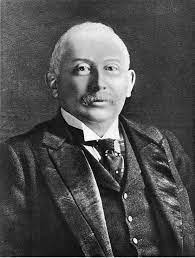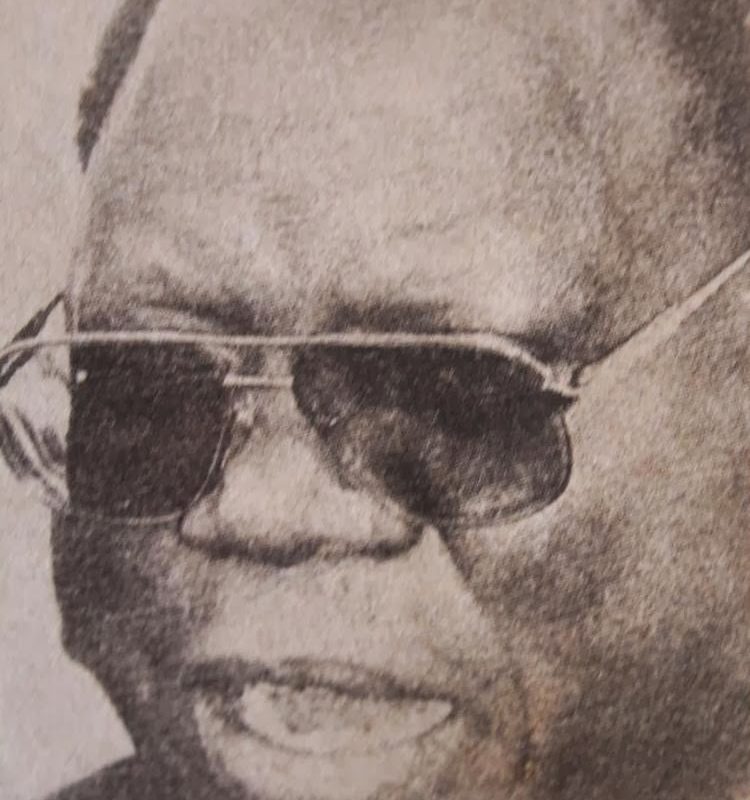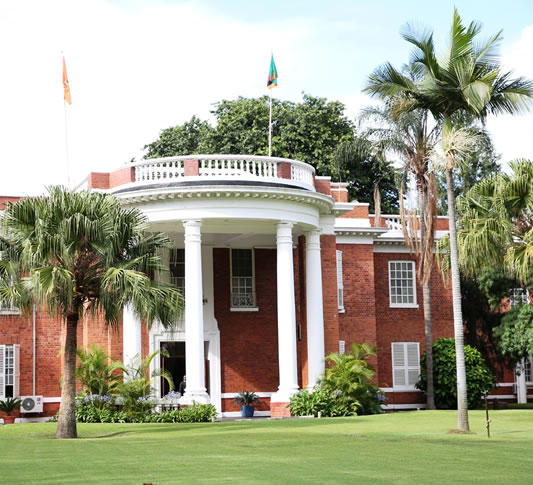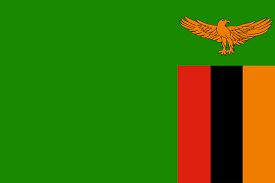
The Zambian government attempted to expel Clarke, a columnist for the independent daily The Post, and ordered him to leave the country within 24 hours.
Home Affairs Minister Ronnie Shikapwasha announced the deportation order on state television, though Clarke said he was never formally served with the order. Clarke went into hiding immediately after the announcement to avoid arrest. 
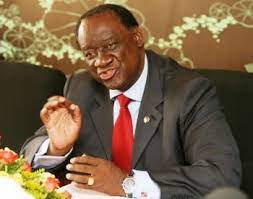
The deportation order stemmed from a column written for The Post's January 1 edition by Clarke, a British citizen who has permanent residence in Zambia and had lived there for more than 30 years.
In an apparent riff on George Orwell's novel Animal Farm, Clarke depicted the Zambian leadership as animals in a game park.
In a thinly veiled reference to President Levy Mwanawasa, Clarke described the one in charge of the park as an elephant named "Muwelewele," in the local Nyanja dialect. 

Other government members were described as baboons, a giraffe, a crocodile, and a snake.
Home Affairs Minister Shikapwasha said Clarke had insulted the president and the Zambian people in his column. Authorities issued an arrest warrant and launched a manhunt for the journalist.
Home Affairs Minister Shikapwasha, stated that major reasons for so deciding on deportation were that as a white man, Clarke deliberately used racist language. Additionally, it was claimed that what he did was contrary to Zambian cultural values.
Meanwhile, on the same day, the Lusaka High Court granted a stay against the deportation order pending an appeal in response to a petition from Post lawyer Patrick Matibini.
Shikapwasha said, however, that the state would not recognize the High Court order because Clarke's permanent residence had been revoked.
Hon. Justice Philip Musonda of the Lusaka High Court quashed the deportation order. In his ruling, Justice Musonda declared freedom of expression to be sacrosanct. 
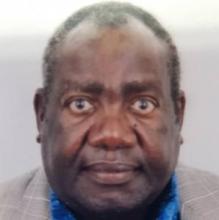
He mentioned that even if Clarke’s piece was “irritating, offensive or shocking” it still fell within the confines of speech that must be protected by the Constitution of Zambia.
Controversially, Justice Musonda added that deporting Roy Clarke would go against the Christian values espoused by Zambia as a Christian nation. The preservation of the family is one such Christian value.
Consequently, if Clarke were to be deported, his wife and children would be deprived of his presence thereby contradicting Christian values which Zambia embraces.
The High Court upheld Clarke's status as a permanent resident on January 13, and the journalist came out of hiding the following day.
After Justice Musonda’s verdict restoring Roy Clarke’s permanent residence status, Zambia’s Attorney General appealed against this ruling.
GRZ interceded with the Supreme Court to have another look at the case. The Supreme Court bench sitting with Zambia’s most senior Justices dismissed the government’s appeal.
On April 26, the Lusaka High Court annulled the deportation order against Clarke.
Roy came to Zambia as a metallurgist on work attachment and met Sara Longwe,a Zambian lady in Luanshya. In 1968, Roy Clarke married Sara Longwe. 
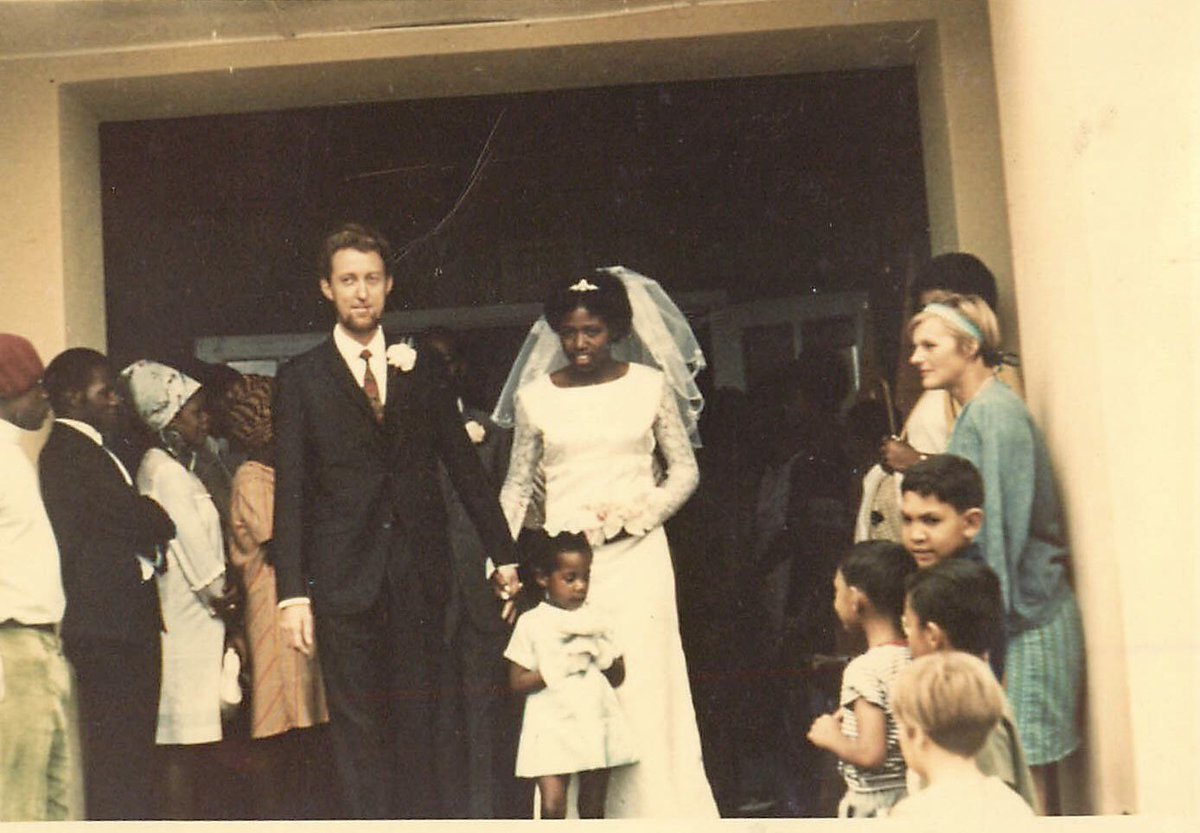
This case, it seems was discriminatory: it was aimed solely at Roy Clarke, and not to The Post or the editor of The Post who was responsible for the publication.
Credit - Refworld, @Mafipe @eliasmunshya InnovativeResearchMethods
• • •
Missing some Tweet in this thread? You can try to
force a refresh

